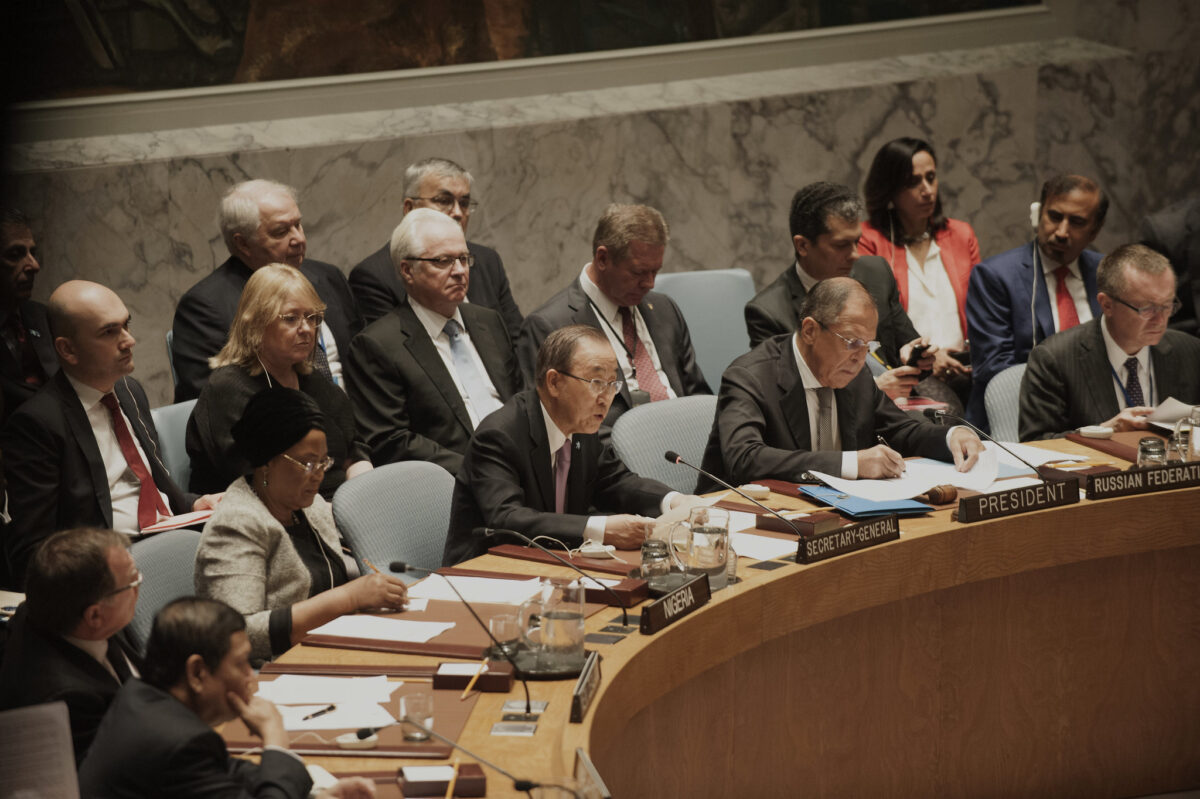You would think that after, what, 20 years of the so-called war on terrorism, we’d all be experts on what terrorism is, right?
After all the articles, podcasts, interviews, books – hell, I’ve written six myself! – etc., we should all be as knowledgeable as it is humanly possibly to be on what this terrorism thing is. I mean, how could we not?
Well, you’d be wrong. Completely wrong.
Not only is there no agreed upon definition from a ‘legal’ perspective across jurisdictions (Canada, US, EU, UN…), but no one seems to be interested in a global consensus at any level on what terrorism is and what it is not. This is what leads to situations where ‘violent incels‘ are seen as a ‘terrorist‘ threat and the largely farcical Jan 6, 2021 riot at the US Capitol – what I like to call a ‘frat party gone bad’ – an ‘act of terrorism‘.
NB From a Canadian angle there were some that called the self-styled ‘Freedom Convoy‘ in Ottawa earlier this year a ‘terrorist incident‘, an analysis with which I vehemently disagreed.
It is almost as if people WANT more terrorism – an odd wish in itself – and are now throwing the term around wantonly with little forethought. Why would anyone want to do this? The reasons are multiple: I plan to discuss in more details in next week’s Perspective. But for now I wish to focus on one particular example I have been monitoring for a few years now, one which is showing no signs of abating.
Nigeria
That example is the government and media of the west African nation of Nigeria. That country has been beset by a terrible capital T terrorism scourge for well over a decade, one which has led to the deaths of more than 23,000 people. Nigeria has suffered thousands of attacks since 2007, the vast majority of which were led by the Islamist terrorist group Boko Haram (Hausa for ‘Western education is forbidden’, NOT the greatest premise for a terrorist group name!) and, more recently, an Islamic State (ISIS) affiliate known as Islamic State West African Province (ISWAP). Nowadays it is harder to separate the two as ISWAP is absorbing some erstwhile Boko Haramites, and the former seems to be garnering more Nigerian military interest than the latter (and may be becoming much more lethal, as ISIS affiliates are wont to be). NB Boko Haram, however, is not, to quote Monty Python’ “quite dead yet”.
Successive Nigerian governments have made little headway in stemming this threat, although it has become a bit of a tradition for the country’s presidents, usually around Christmas, to announce that THIS is the year where terrorism is defeated (here is an example from 2020). And yet it goes on and on and on…
Of late, however, is a tendency within the Nigerian regime and the country’s media to label all kinds of acts of violence and the actors behind them ‘terrorism‘ and ‘terrorists‘ respectively. It is as if the high levels of violence in that nation merit a “higher” designation (i.e. ‘terrorism‘) to get more people to start paying attention and coming up with strategies to stop the killing.
And this is hopelessly unhelpful.
Much of the violence in Nigeria that is NOT terrorism is perpetrated by individuals and groups which anywhere else would be called garden-variety criminals. Some are indeed gangs which attack, kidnap, rape and kill with a monetary goal in mind: the most recent hijacking of a train traveling between the capital, Abuja, and Kaduna in which hostages were seized is a very good example. This was most definitely a criminal, not a terrorist, act.
Other forms of violence originate in a deep chasm over land use. This is normally expressed as ‘farmers‘ vs. ‘herders‘: the former need land to grow crops while the latter need that same land to raise cattle. The two goals seem to be mutually incompatible and the levels of violence can be severe. In an attack on Easter Sunday herders killed 46 people in Taraba State and the attackers reportedly were heard by survivors of the attack saying, “kill all of them and let us see how they will continue to kill cows.” It is inevitable that retribution will be sought: in fact, on April 20 at least three persons were killed and many others injured when an explosion rocked a cattle market in that same state.
When you look at the Nigerian media reporting online of these incidents you come across a variety of terminology. ‘Bandits‘ is a common word used to describe them (residents blamed bandits for an attack on a bar in Taraba on April 19, although it was a popular moonshine distribution point for cattle farmers: jihadis also hate any consumption of alcohol). The killing of a politician in Katsina State also on April 19 was labeled, in the same news story, as having been perpetrated by ‘terrorists‘, ‘hoodlums‘ and ‘bandits‘. Which one was it?
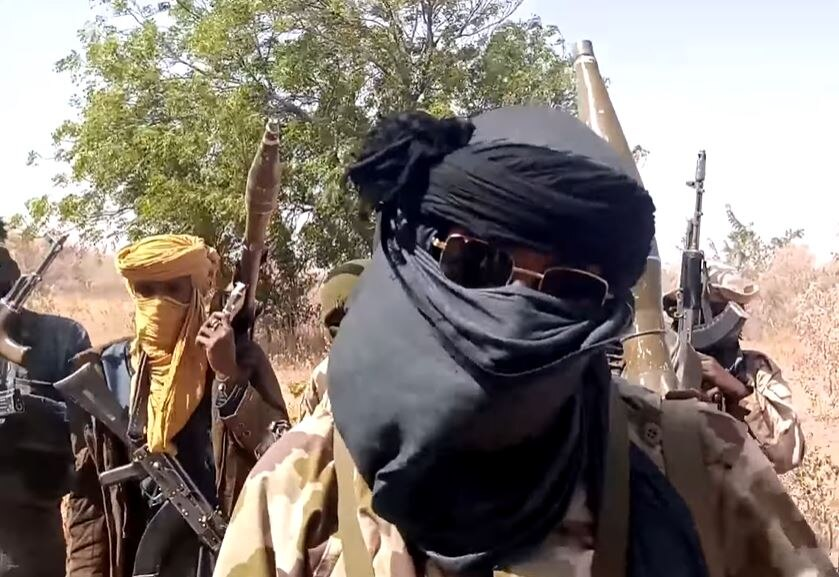
It gets more complicated.
There are those who believe that these criminals, sometimes described generically as ‘gunmen‘, may actually collaborate with real terrorists like Boko Haram and ISWAP. After one abduction in Katsina the seven different gangs responsible sent a video to Boko Haram leader Abubakar Shekau asking him to claim responsibility as they were convinced the government “feared Boko Haram more than them” and would be willing to meet the demands quickly. And there is a very real possibility (probability?) that some kind of ‘arrangement’ may ensue. It would not be the first time that terrorists saw the benefits of hooking up with common criminals.
To all this we have to add another real terrorist threat elsewhere in Nigeria, albeit one of a nationalist rather than a religious nature. The Indigenous People of Biafra (IPOB) is seen by some as a separatist group but by the government as a terrorist organisation. If we stick to the tried and true principle that terrorism is serious violence in the furtherance of political or ideological goals, I have to side with the Nigerian leadership on this one. Interestingly, the IPOB and its militia arm, the Eastern Security Network, recently promised it could protect Hausas against jihadists attacking the people of Nigeria’s southeast.
Where am I going with all this?
In a nutshell, I am saying we – and here Nigeria’s government and media – have to get much better at when to use, and when not to use, the word terrorism to describe acts of violence. There are loads of violent actors in any country and the vast majority of them are most assuredly not terrorists. Calling them such merely muddies the waters, does nothing to make the situation better (or safer), and confuses citizens as to the nature of the threats they face. In a world already rife with too much real terrorism, why would we want to make more?
Read More about Terrorism in Nigeria
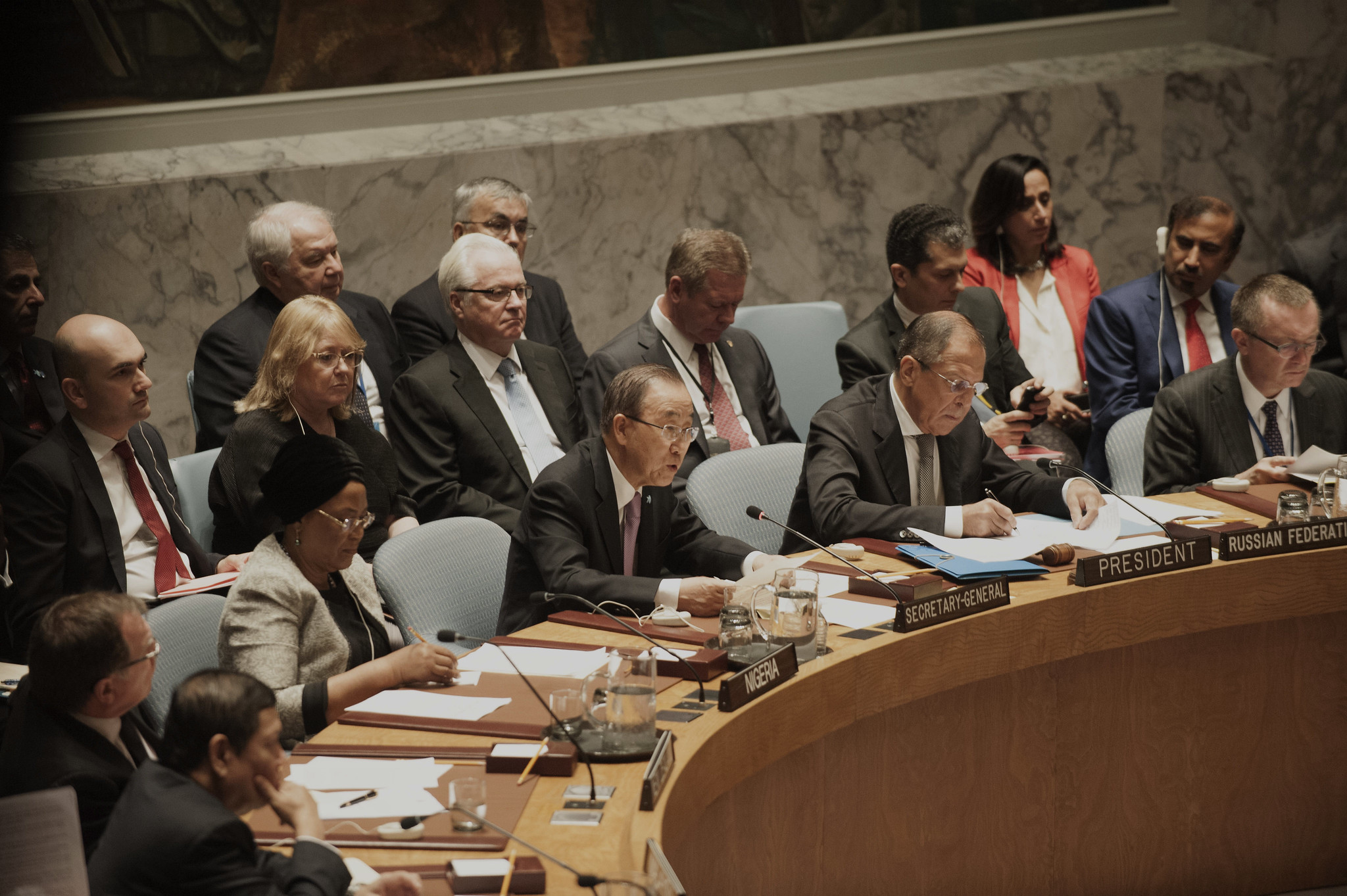
Does ‘terrorism’ mean too much to too many?
We must get better at when to use the word terrorism to describe acts of violence: in a world rife with too much terrorism, why would we want to make more?
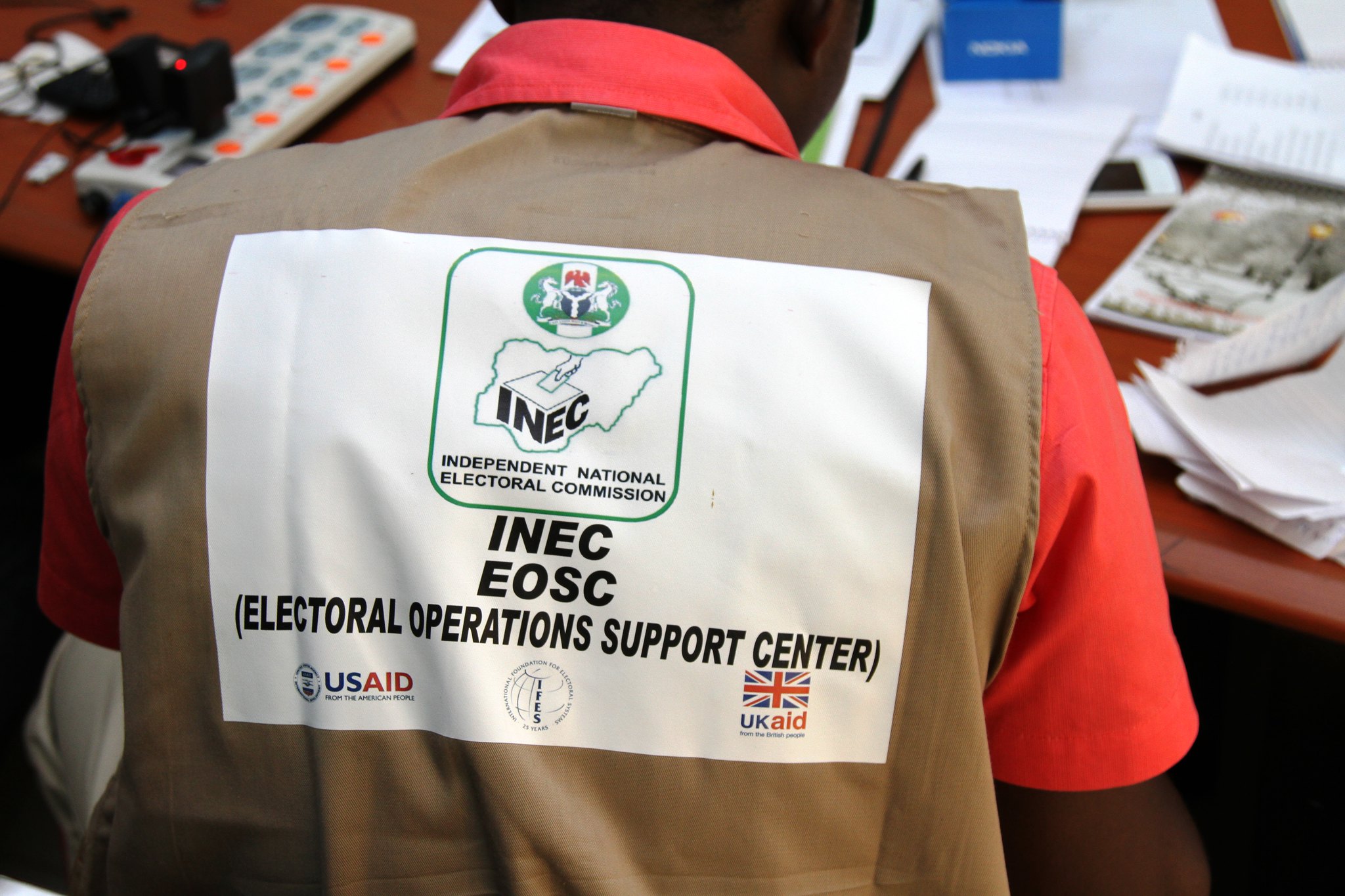
April 8, 2011: Terrorists bomb Nigerian elections office
On April 8, 2011 a possible Boko Haram bomb blast killed at least six people at the office of Nigeria’s election commission in the central town of Suleja.
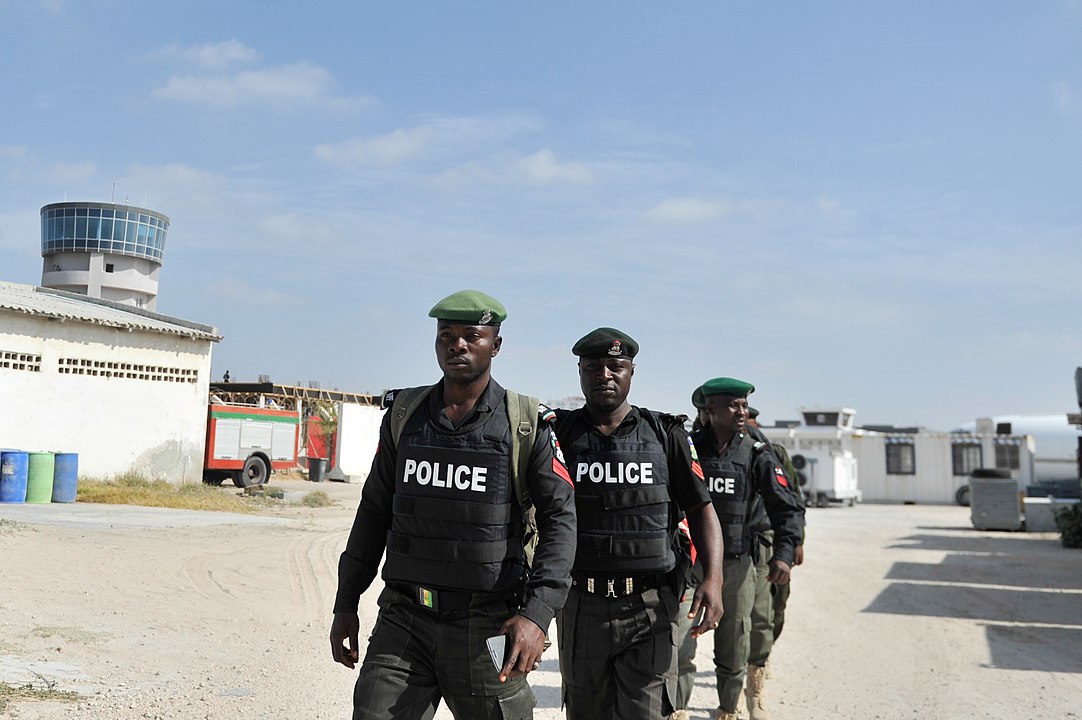
April 5, 2013: Attack on patrol boat in Nigeria
On April 5, 2013 Niger Delta terrorists ambushed a police boat in the oil-producing Niger Delta region, killing 12 police officers.

